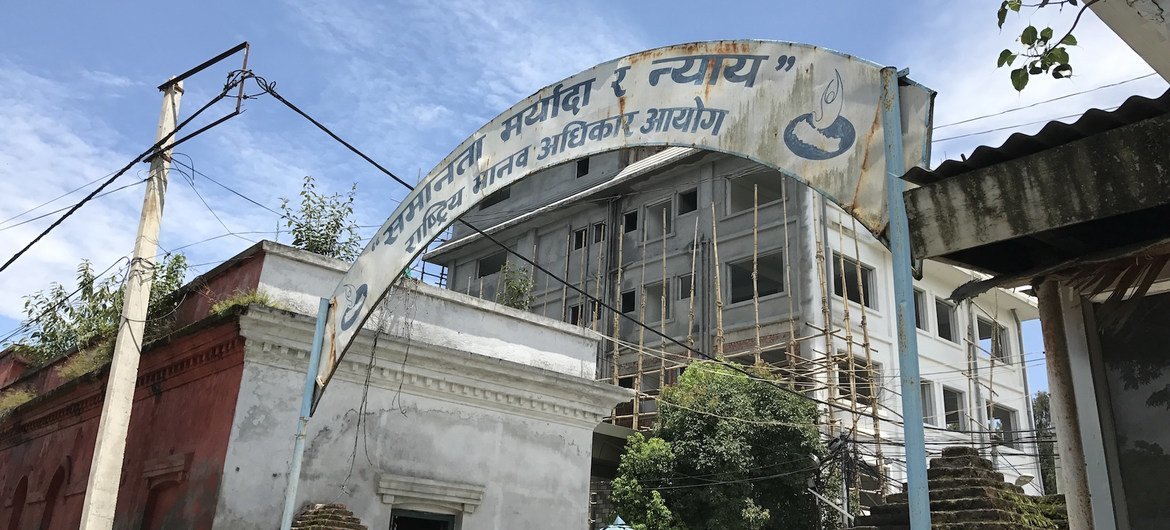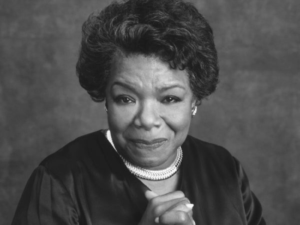Authorities in Nepal must thoroughly investigate the February 2004 torture, rape and execution of a 16-year-old girl by security forces during the country’s civil war, the UN Human Rights Committee said in a ruling on Monday.
The finding follows a complaint submitted to the UN body by the girl’s parents, who said they had exhausted all possible avenues for securing justice and accountability at home.
Case underscores impunity
“The gravity of this case has not faded with time even though 18 years have passed,” said Committee member Hélène Tigroudja.
“This is a particularly severe case in which a child was summarily executed. It also underscores the pattern of abuse and rape of girls during the civil war, the lack of investigation and de facto impunity,” she added.
Nepal’s civil war began in February 1996 and lasted more than a decade. Some 15,000 people were killed in fighting between government forces and the Communist Party of Nepal, known locally as the Maoist rebel group.
Accusation and denial
In February 2004, the victim, identified only as R.R., was living with her family in the village of Pokhari Chauri in Kavre District, an area where many Maoists had gathered to celebrate the eighth anniversary of the start of the war.
On the night of 13 February, some 20 uniformed armed soldiers stormed into her home, accusing the secondary school student of being a Maoist, which she denied.
R.R. had attended the compulsory Maoist Student Union at school but was not involved in any other Maoist activity, according to the UN Committee.
Interrogation, abuse, death
The teenager was taken outside, interrogated, hit with a rifle butt, thrown against a wall, and taken to a cornfield. A soldier was heard telling another soldier to kill her, and three gunshots were then fired.
R.R.’s parents found her body the next morning. She had been shot in the eye, head, and chest. Her salwar, or trousers, was pulled down to mid-thigh, and her blouse was lifted up to her neck. There were scratches on her breasts.
The army also killed two other villagers that night.
Following complaints by her family, the National Human Rights Commission in 2005 found that R.R. was killed by security forces.
Although Nepal’s Supreme Court endorsed the Commission’s findings in 2009 and ordered a prompt investigation, no one has been held criminally accountable. The main suspect was acquitted four years later due to lack of evidence.
Appeal for justice
R.R.’s parents brought the case to the UN Human Rights Committee which found that Nepal was responsible for her killing and rape, and for subjecting her to physical and mental torture.
The Committee also criticized the lack of an effective remedy for her parents.
“Nepal has failed to demonstrate how a 16-year-old unarmed girl posed any threat to a squad of twenty fully armed soldiers, much less justify how her rape and summary execution could serve any legitimate security aim,” said Ms. Tigroudja.
“Such egregious crimes shall in all instances be timely and thoroughly investigated and their perpetrators, whoever they are, brought to justice and punished”, she added.
About the UN Committee
The Human Rights Committee monitors countries’ adherence to the International Covenant on Civil and Political Rights.
It is made up of 18 members who are independent human rights experts from across the world, who serve in their personal capacity and not as representatives of any States that are party to the treaty.
Committee members are neither UN staff, nor are they paid by the Organization.




